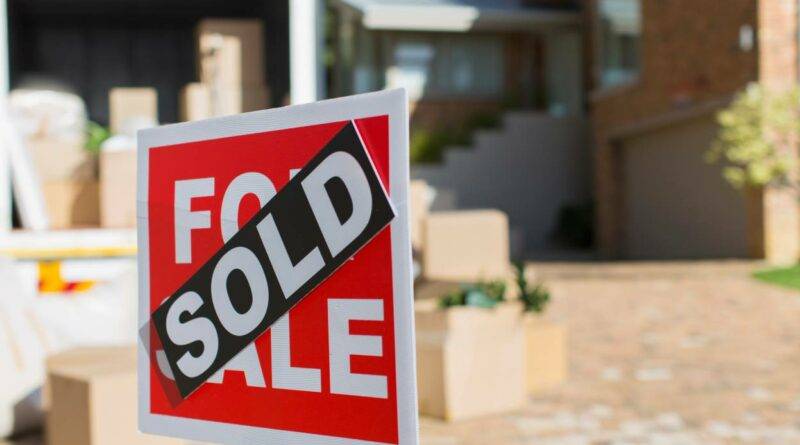How Millennials Are Shifting the Housing Market
When the 2007-2008 financial crisis took its toll on the housing market and United States economy, older millennials were not yet 30 while the housing market was booming when younger millennials, the generation born between 1981 and 1996, came of age to buy a house. This was driven by high demand and low inventory, resulting in high prices making properties unaffordable for many to buy. Ultimately, for millennials, the time to buy a home has never been quite right.
But despite economic conditions not being the best, many are growing tired of waiting for this perfect moment and are hopping on the property ladder. This late arrival is shaking up the entire housing market.
“Because of the high cost of living, millennials have had to delay marriage, they’ve had to delay having children. So what’s going on is that there’s been a delay in household formation, though right now the rate of household formation is double the rate of population growth,” said Indiana University’s Business Research Center Executive Director Phil Powell.
“What that means is that there is unprecedented demand for housing and that is why housing prices are going up,” Powell added. “[Millennials] are putting upward pressure on prices and it’s going to continue, it’s not a fad or some bubble in the housing market. This is real, it’s demographic.”


